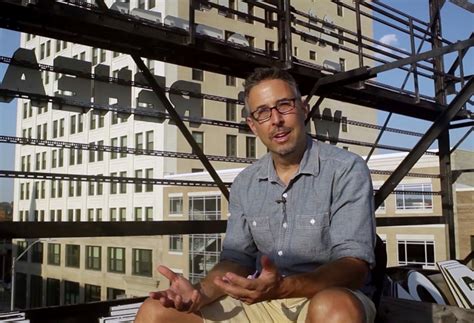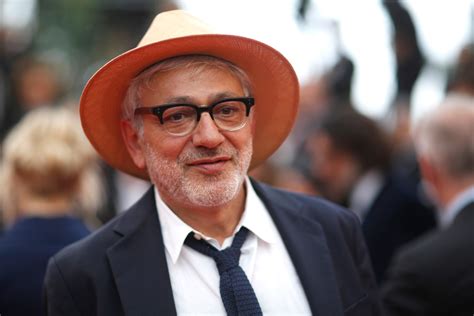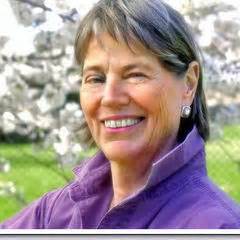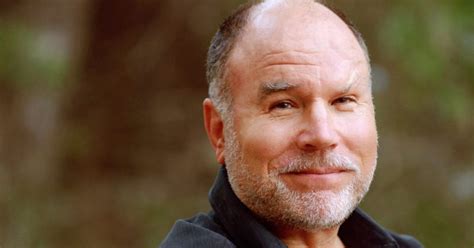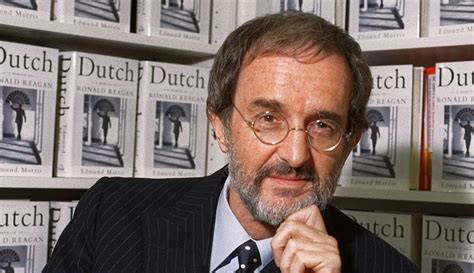A Quote by Thomas Chatterton Williams
I do not propose to solve the Israeli-Palestine conflict. But I do think the world would be a vastly safer place - and maybe a happier one, too - if more of us learned to see beyond our biases, our preferences, and became optimists capable of letting go.
Related Quotes
The criticisms that are often presented to us by some in the conservative Jewish community about our Palestinian version are: first, that the U.S. is not in conflict with "Palestine" (quotes are theirs) and second, that Conflict Kitchen should counter the Palestinian viewpoints it presents with pro-Israeli viewpoints, otherwise we are spreading dangerous propaganda.
Palestine is about how we drink the water, whether we are being ecological or not. Palestine is our way of exercising our daily living. That's what's going to solve the problem of Palestine. It's also how we think of ourselves spiritually. This kind of disconnectedness is harmful to the person who is acting that way and is sometimes annoying.
A 1998 study was done in Hebrew by an Israeli scholar, Yosef Grodzinsky, and the English translation of the title is Good Human Material. That's what they wanted sent to Palestine for colonization and for the eventual conflict that took place some years later. These policies were somewhat complementary to the U.S. policy of pressuring England to allow Jews to go to Palestine, but not allowing them here. The British politician Ernest Bevin was quite bitter about it, asking, "if you want to save the Jews, why send them to Palestine when you don't admit them?"
I’m aware of the- the fact that people elsewhere in the world think differently from us. I can sort of see us, us Americans with their eyes. And not all that I see is- is attractive. I see an insular people who are- are insensitive to foreign sensibilities, who are lazy, obese, complacent and increasingly perplexed as to why we are losing our place in the world to people who are more dynamic than us and more disciplined
That is the story of our history - whether it's the pursuit of prosperity for our people or the struggle for equality for all of our citizens, our commitment to stand up for our values abroad, and our sacrifices to make the world a safer place. Let us remember that we can do these things not just because of wealth or power, but because of who we are. One nation under God, indivisible, with liberty and justice for all.
I have felt the pain that arises from a recognition of beauty, pain we hold when we remember what we are connected to and the delicacy of our relations. It is this tenderness born out of a connection to place that fuels my writing. Writing becomes an act of compassion toward life, the life we so often refuse to see because if we look too closely or feel too deeply, there may be no end to our suffering. But words empower us, move us beyond our suffering, and set us free. This is the sorcery of literature. We are healed by our stories.
America can do whatever we set our mind to. That is the story of our history, whether it's the pursuit of prosperity for our people, or the struggle for equality for all our citizens; our commitment to stand up for our values abroad, and our sacrifices to make the world a safer place. Let us remember that we can do these things not just because of wealth or power, but because of who we are: one nation, under God, indivisible, with liberty and justice for all.


